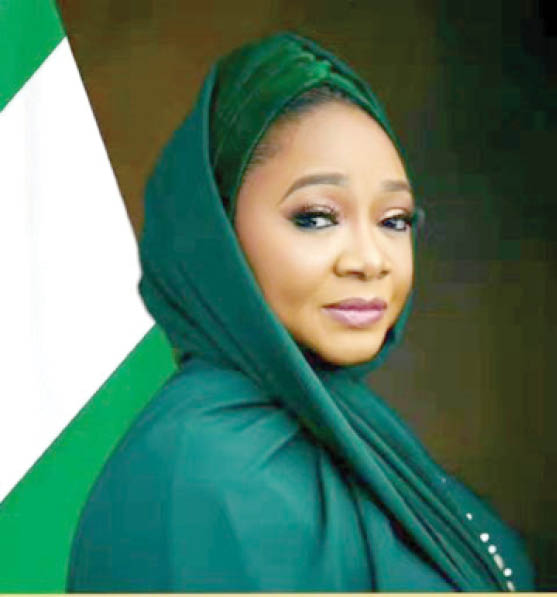Unresolved gender issues of 2024 in Nigeria
Some gender-related issues that dominated discourse in 2024 are still unresolved. Our reporter examines the progress made and the gaps. Despite global commitments to gender equality, women remain underrepresented in political and other decision-making positions in Nigeria, with only 4.69 per cent of executive and legislative positions held by women. With the revised National Gender […]

Minister of Women Affairs, Imaan Sulaiman-Ibrahim
Some gender-related issues that dominated discourse in 2024 are still unresolved. Our reporter examines the progress made and the gaps.
Despite global commitments to gender equality, women remain underrepresented in political and other decision-making positions in Nigeria, with only 4.69 per cent of executive and legislative positions held by women.
With the revised National Gender Policy (2021- 2026), designed to provide strategic guidance for achieving gender equality at all levels, the 2024 World Economic Forum’s global gender gap report showed that Nigeria ranked 125th out of 146 countries on the index, taking the 29th place in sub- Saharan Africa.
Five gender-related bills that were introduced during the 2022 constitutional review exercise to address gender inequality and enhance women’s participation in governance are yet to receive the attention of the National Assembly.
The bills are to provide for special seat for women in the National and State Assemblies, expand the scope of citizenship by registration, provide for affirmative action for women in political party administration, provide criteria for qualification to become an indigene of a state in Nigeria and give women a quota in the federal and state executive councils or ministerial and commissionership seats.
This year, the Federal Ministry of Women Affairs initiated plans to create special courts in each of the 36 states of the federation and the Federal Capital Territory (FCT) to try suspects of Sexual and Gender-Based Violence-(SGBV) cases. But the initiative is yet to see the light of the day.
On the challenges for Nigerian women in 2024, Mufuliat Fijane, Chief Executive Officer of the Nigerian Women’s Trust Fund (NWTF), said the non-implementation of the National Gender Policy exposes the lack of political will which has widened the existing gender gaps, especially as seen in appointive positions in 2024.
“We have not achieved much, especially in terms of the political inclusion of women. If you also look at appointments across board in the country it still reveals a dart of women,” she said.
She also decried the rise in violence against women and girls as well as sexual and gender-based violence despite existence of laws to protect them against such practices.
On the progress achieved so far, Fijane acknowledged the voices against gender inequalities, saying “a lot of people are beginning to speak up on women-related inequalities, which indicates that there is hope getting more efforts from the government.”
